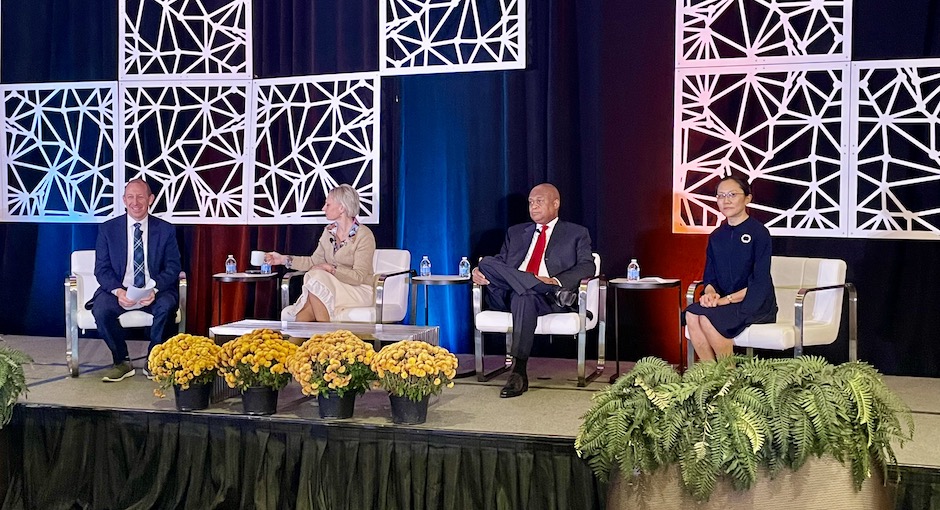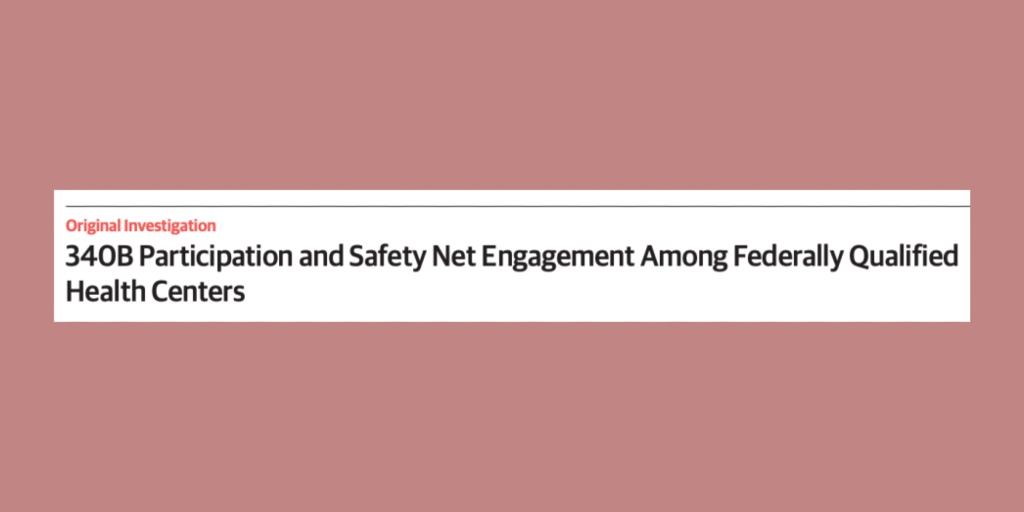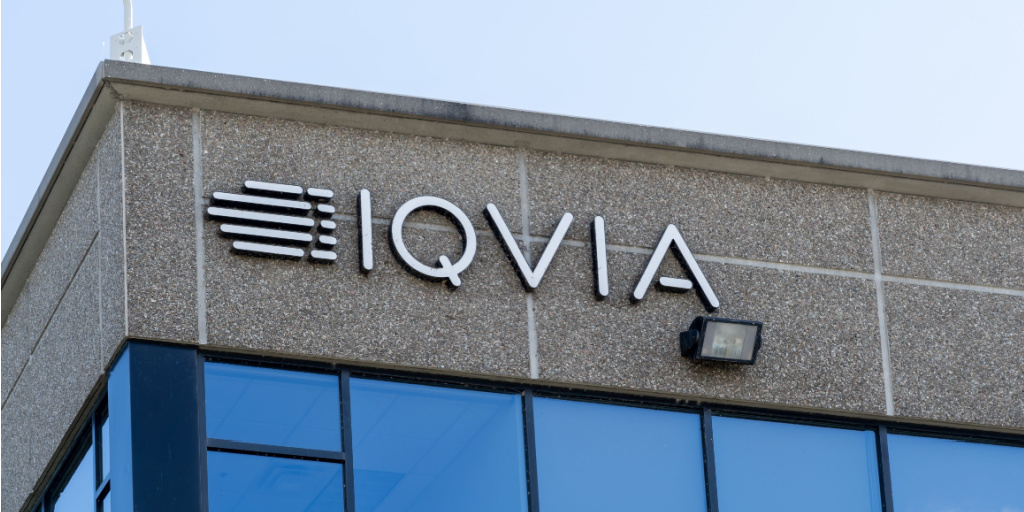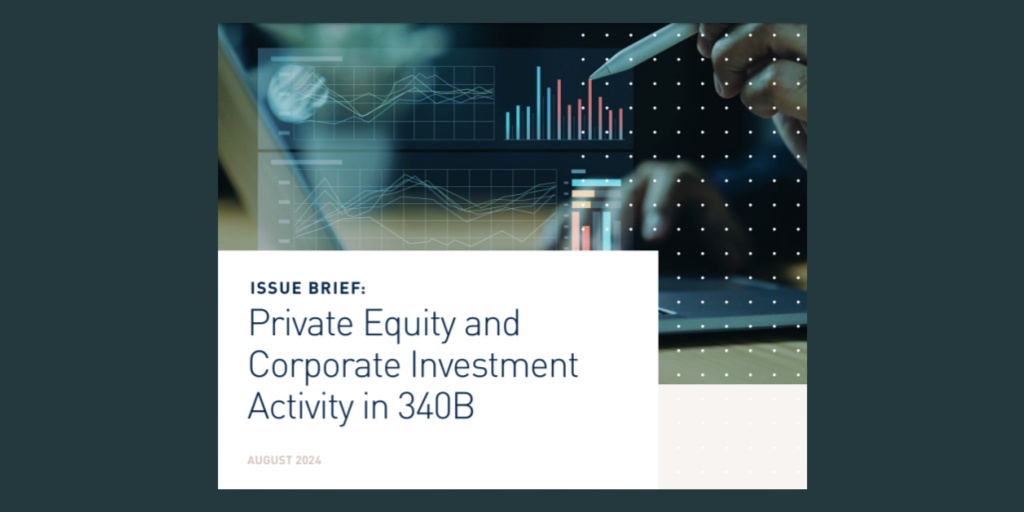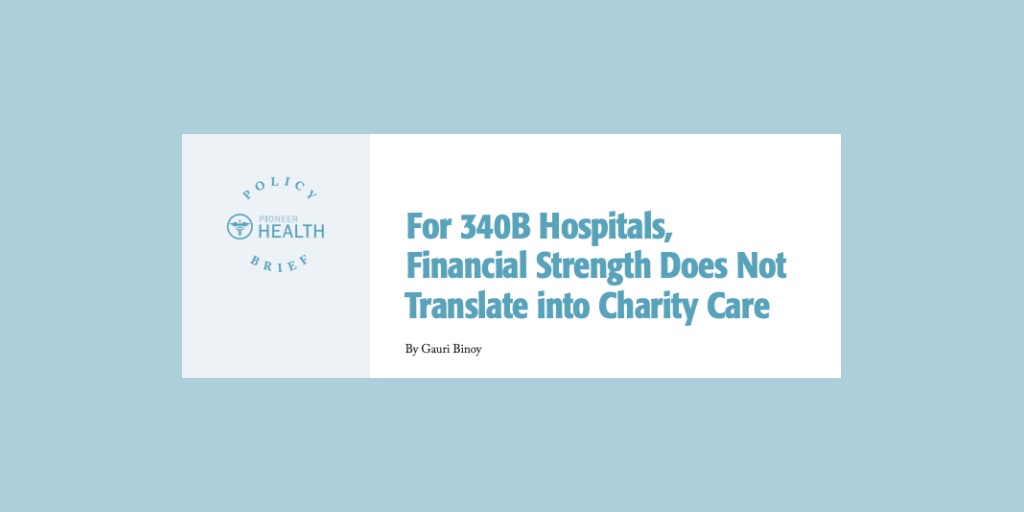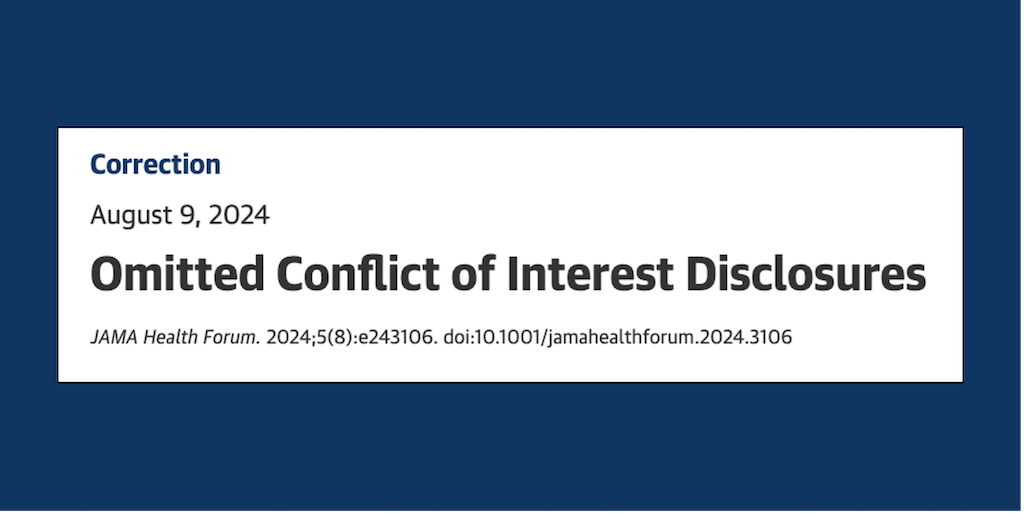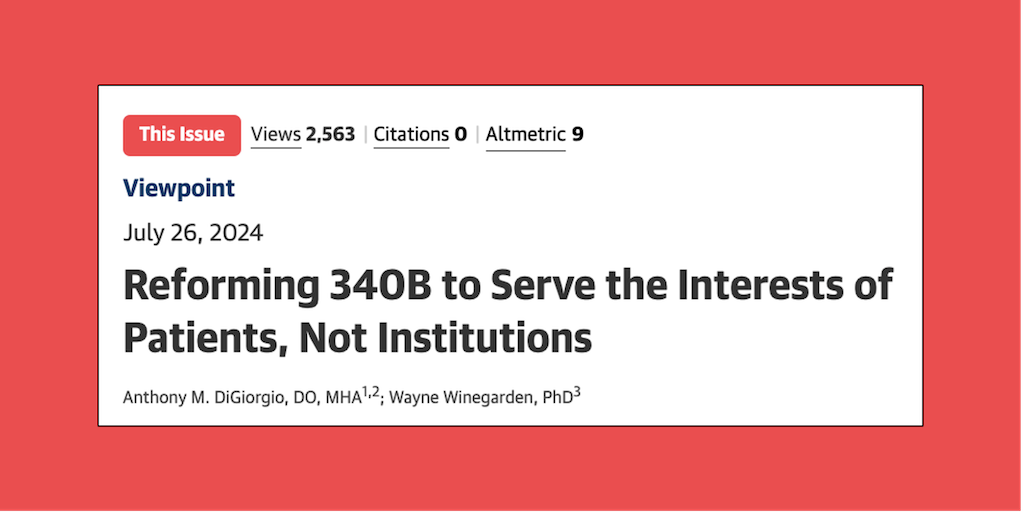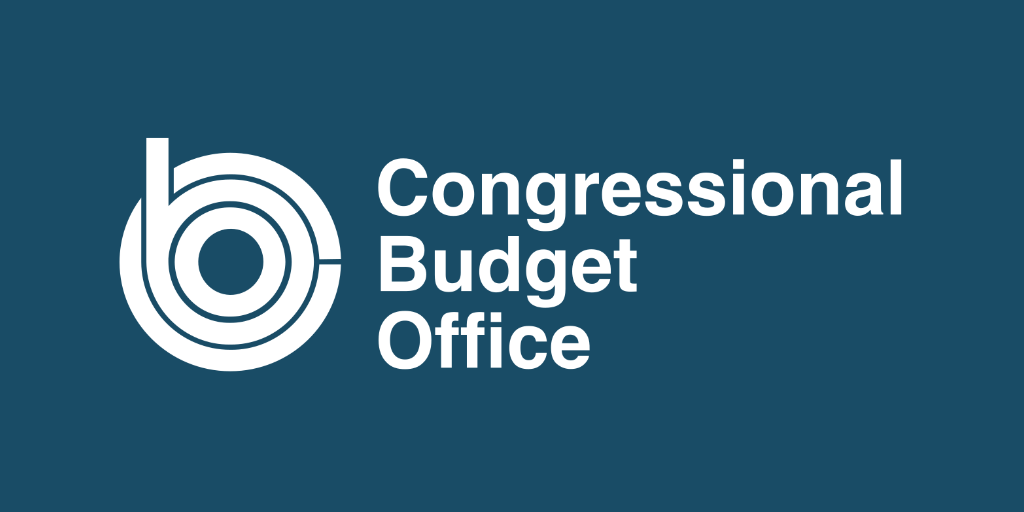The 340B program is increasing healthcare costs for employers and driving hospital consolidation, argued panelists at a recent healthcare purchaser [...] …
Category: Research/Reports
Federally qualified health centers (FQHCs) appear to use their 340B program savings to enhance safety-net care, according to a new [...] …
The 340B program has outgrown patient demands and requires additional restrictions and oversight, according to a new report from a [...] …
The 340B program’s growth in recent decades has helped it attract a growing number of corporate and private equity investments, [...] …
More transparency surrounding 340B hospital operations is needed to ensure drug discount savings are being used to improve patient care, [...] …
Two weeks after publishing an opinion piece that called for increased 340B program oversight and provider transparency, JAMA issued a [...] …
A recent opinion piece published in JAMA is calling for significant reforms to the 340B program, including more provider transparency, [...] …
The rates 340B pediatric hospitals negotiate with payers for new pediatric oncology drugs often exceed a medication’s average sale price, [...] …
The Inflation Reduction Act (IRA) may reduce 340B margins for certain high-cost drugs and drive more transparency into the program, an influential pharmaceutical supply chain analyst who has been a frequent 340B critic told an audience of stakeholders late last
…
Spending on pharmaceuticals in the 340B drug discount program went from nearly $7 billion in 2010 to $44 billion by [...] …


